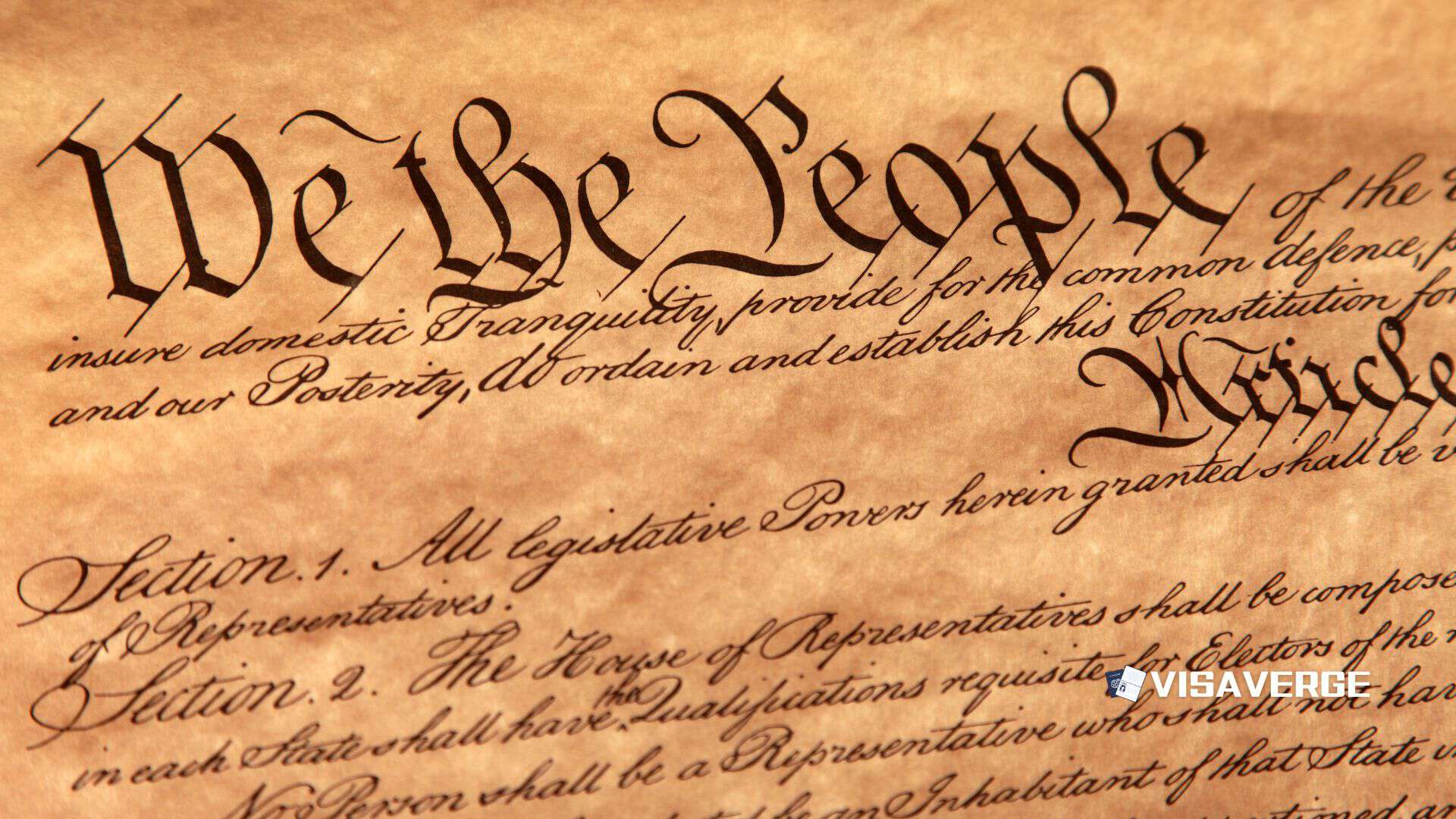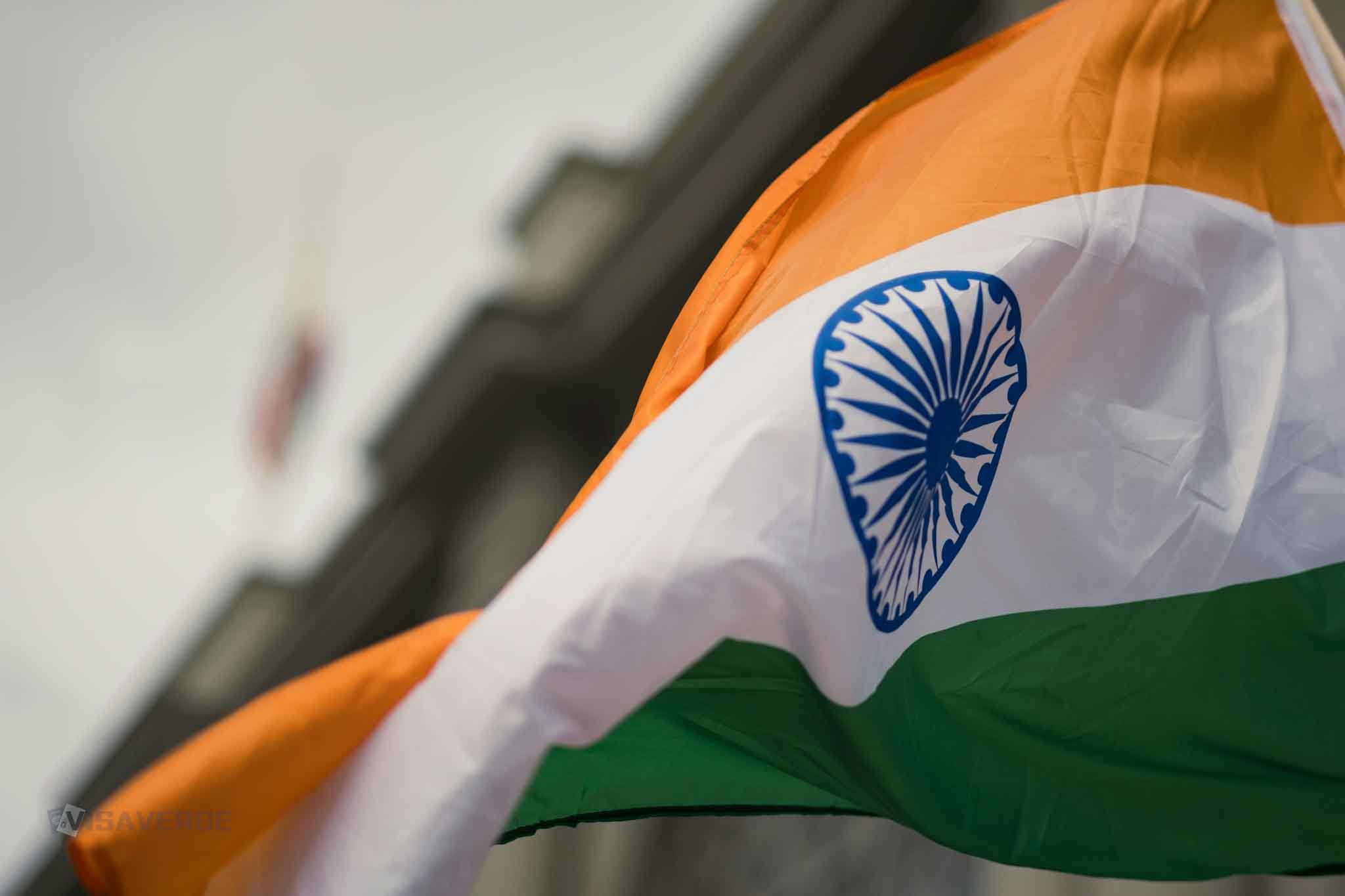(URBANDALE, IA) Iowa welcomed dozens of new Americans at a naturalization ceremony on Friday, October 10, 2025, at 11:00 AM, held at Living History Farms, 11121 Hickman Rd, Urbandale. Governor Kim Reynolds attended and spoke at the event, which drew family members, friends, and community supporters from across the Des Moines metro. The ceremony was one in a continuing series of monthly events that bring applicants from many countries together to take the Oath of Allegiance and become U.S. citizens.
Officials said the setting at Living History Farms offered a meaningful backdrop. The open-air museum, a long-time fixture in the Des Moines metro, tells stories of migration, hard work, and community. For many new citizens, taking the oath at that site added an emotional layer to an already life-changing day.

The Friday event followed the standard federal ceremony format. Applicants arrived early to check in with U.S. Citizenship and Immigration Services (USCIS) officers for final processing. Each person needed to present their U.S. Permanent Resident Card (green card), any U.S. visa, and all travel documents. These steps confirm eligibility before the formal court session begins.
After the checks, applicants took seats with their section, while families filled nearby rows and prepared to celebrate.
Event overview
The ceremony opened with brief remarks and instructions. Then, during the core moment, applicants stood to take the Oath of Allegiance, which marks the exact point when they became U.S. citizens.
This oath is required by law and affirms new citizens’ support for the Constitution and the responsibilities that come with citizenship. After the oath, organizers recognized the group, and many in the crowd stood to applaud.
New citizens then received their naturalization certificates, which they can use to:
- Request a U.S. passport
- Register to vote
- Update records with employers and schools
Friday’s event is part of a regular schedule of naturalization ceremonies held in the Des Moines metro. The 2025 calendar includes the following dates: January 15, February 7, March 14, April 11, May 23, July 3, July 25, August 22, September 19, October 10, and November 14. Organizers expect steady attendance at each ceremony, reflecting ongoing demand from lawful permanent residents who have completed the requirements to apply for citizenship.
Ceremony flow and requirements
USCIS officers processed applicants on the day of the event, as is standard. While the agency runs background checks and reviews applications ahead of time, the final clearance happens at the ceremony.
To keep the line moving, applicants were reminded to bring the following:
- U.S. Permanent Resident Card (green card)
- U.S. visa
- All travel documents
Once seated, applicants listened as officials explained how the ceremony would proceed, where to stand, and how to collect certificates at the end. The moment many waited for—the Oath of Allegiance—followed. The oath signals full membership in the national community and opens doors to civic life, including the chance to vote in local, state, and federal elections.
Attendees included Governor Kim Reynolds, who addressed the new citizens. Her presence underscored the event’s public importance and Iowa’s civic welcome. Also present were USCIS officers, court staff, and members of the public. The crowd included children waving small flags, relatives holding flowers, and neighbors there to cheer for friends.
“You are welcome, your work mattered, and your voice now counts.”
— A sentiment reflected throughout the ceremony
Community impact and next steps
For families across the Des Moines metro, a naturalization ceremony at Living History Farms becomes a milestone they will remember for years. Parents spoke about feeling proud and relieved after years of working, studying English, and preparing for interviews. Younger attendees talked about plans to register to vote and to apply for jobs that require citizenship.
According to analysis by VisaVerge.com, these ceremonies often drive people to take quick next steps, such as:
- Scheduling a passport appointment
- Updating Social Security records
- Registering to vote
- Applying for federal jobs requiring citizenship
- Enrolling children in programs that require proof of status
The choice of Living History Farms is both practical and symbolic. The site is well known, easy to reach, and familiar to many schoolchildren across the region. Holding a naturalization ceremony there highlights Iowa’s story of immigration across generations and makes the event more visible to the broader community.
Event timing also matters. A Friday morning slot allows families to gather ahead of the weekend and gives new citizens time to handle post-ceremony tasks. New citizens often use their certificates to begin planning travel to see relatives, apply for federal jobs, or enroll children in programs that require proof of status. Employers in the region often support staff who attend the ceremony, recognizing the day as a major life event.
The monthly schedule in 2025 aims to keep wait times manageable while preserving a dignified setting. The list of dates—spanning winter to late fall—gives applicants options throughout the year. Those who cannot attend on one date can often be rescheduled for a nearby option. Families traveling from outside the Des Moines metro can pick a month that best fits school and work calendars.
Organizers encourage anyone with questions about these ceremonies, or about day-of procedures, to contact the Southern District of Iowa Clerk’s Office or visit the court’s official website for updates and directions. The court’s page provides event details, security rules for entry, and any last-minute changes to time or location.
For official information related to these ceremonies, visit the U.S. District Court for the Southern District of Iowa website at U.S. District Court, Southern District of Iowa.
Personal stories and lasting effects
The Friday ceremony also showed how citizenship changes daily life. Several new citizens spoke about their plans to vote in upcoming elections and to help relatives apply for citizenship when they become eligible. Others said they were eager to join local boards, volunteer at schools, and take part in neighborhood groups.
In simple ways—signing up for a library card, applying for a passport, or attending a city hall meeting—their civic path begins the day they take the oath.
While the steps before the oath can feel long—studying for the civics test, gathering records, and attending interviews—the ceremony itself offers a clear finish line. Families often describe a sense of calm once the certificate is in hand. They leave the venue with proof that a long chapter is complete and a new one has started.
That feeling filled the room at Living History Farms, where applause, photographs, and hugs marked the end of the formal program.
As Iowa closes another ceremony on the 2025 calendar, the message to new citizens remains steady: you are welcome, your work mattered, and your voice now counts. The state’s regular schedule and the choice of a public, historic venue reflect a community willing to show up and celebrate. With the next ceremony set on the calendar, more families in the Des Moines metro are already circling dates and preparing their documents for a day they will never forget.
This Article in a Nutshell
On October 10, 2025, Living History Farms in Urbandale hosted a naturalization ceremony where dozens of lawful permanent residents became U.S. citizens. Governor Kim Reynolds attended and spoke as applicants took the Oath of Allegiance and received naturalization certificates. USCIS officers conducted final on-site checks—requiring green cards, visas, and travel documents—before the formal court session. The ceremony is one of monthly events across the Des Moines metro in 2025, with dates from January through November. New citizens were encouraged to take practical next steps such as applying for passports, registering to vote, and updating employer and school records. Organizers emphasized the symbolic importance of the historic venue and the community’s role in welcoming new citizens.








